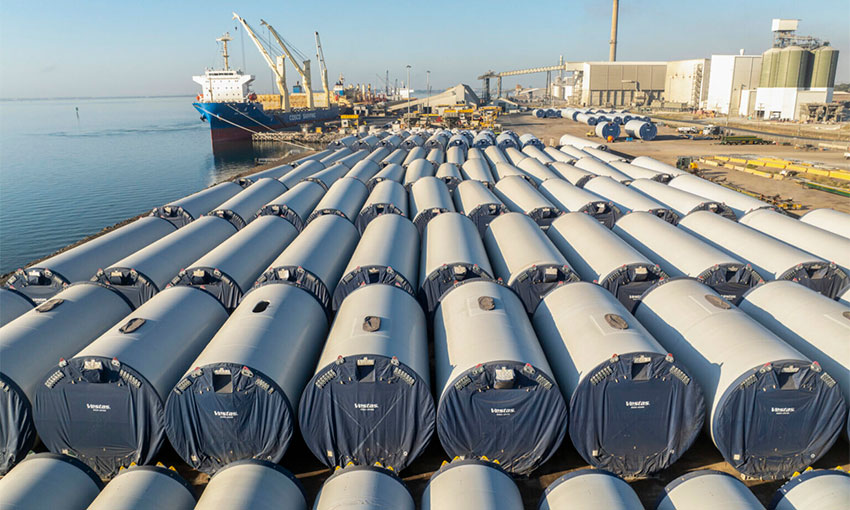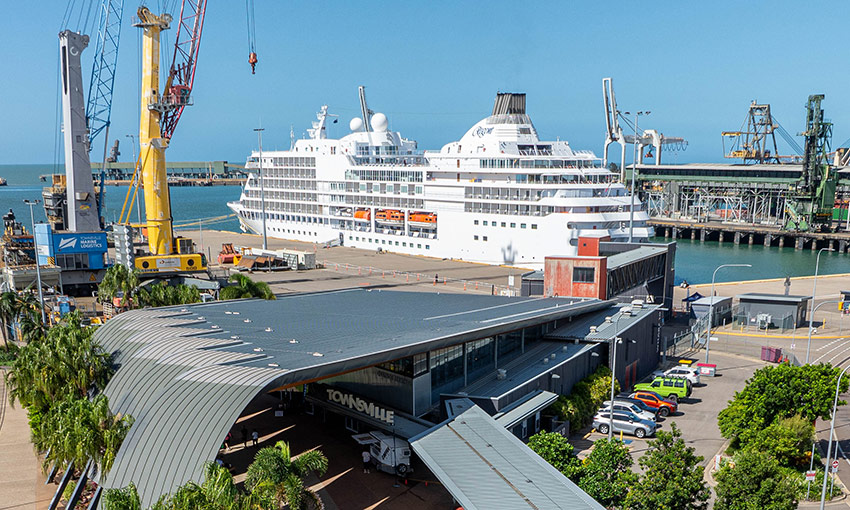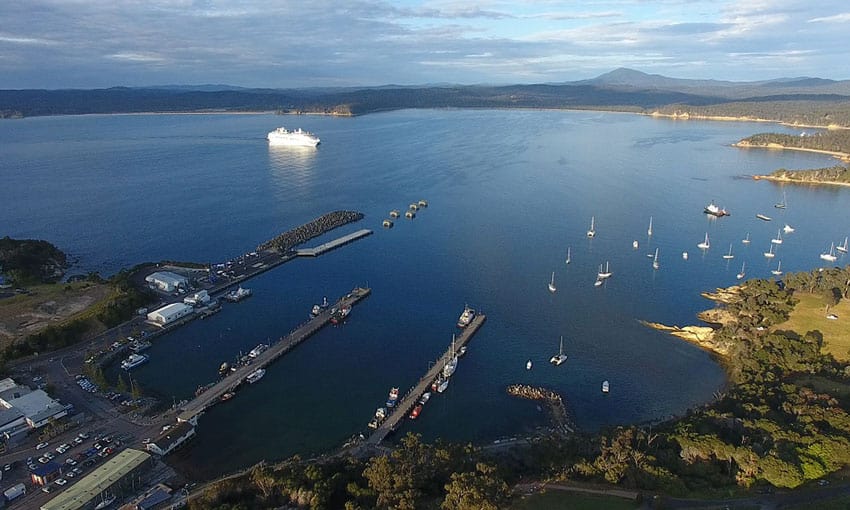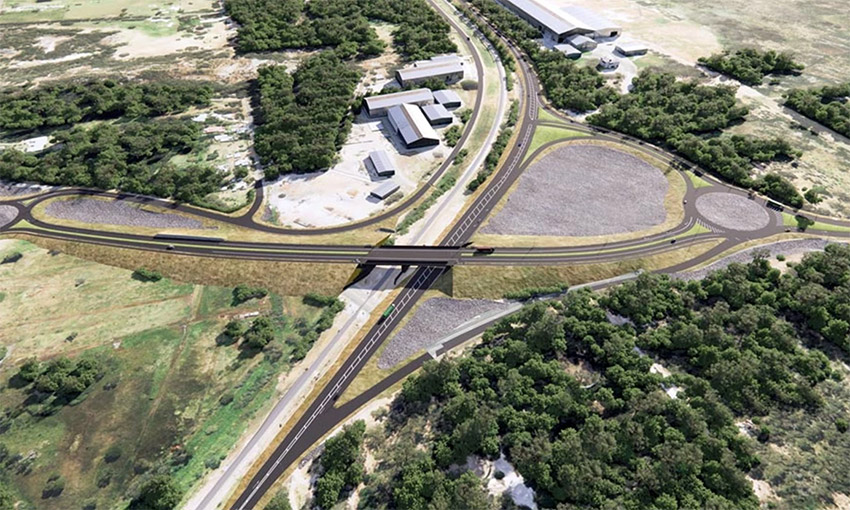IN a statement of issues, the Australian Competition and Consumer Commission has raised preliminary concerns with the proposed 100% acquisition of GeelongPort by the Spirit Super Palisade Consortium.
The Spirit Super Palisade Consortium includes a range of superannuation and infrastructure funds including the Diversified Infrastructure Fund managed by Palisade Investment Partners.
Post-acquisition, Palisade would manage a 49% interest in GeelongPort. Meanwhile, investors managed by Palisade also wholly own and operate the Port of Portland.
The proposed acquisition will therefore lead to minority common ownership between the Port of Geelong and Port of Portland.
ACCC Commissioner Stephen Ridgeway said the commission is concerned the acquisition may substantially lessen competition in Victoria for the supply of port services for bulk cargo.
“For future large port users, there are very few bulk port options in Victoria. Between them, the Port of Geelong and Port of Portland handle over half of Victoria’s bulk cargo. This market structure is unlikely to change in the foreseeable future,” he said.
“It also appears that the two ports compete to attract certain dry bulk and break-bulk throughput, particularly from customers in western Victoria.”
Mr Ridgeway said some market participants have raised strong concerns with the ACCC about losing the benefit of competition between the Port of Portland and the Port of Geelong for the best prices and terms.
“Ports play a critical role in the movement of goods in Australia’s economy and there is some ability for major port users to choose between the Port of Geelong and Port of Portland when making very substantial infrastructure investments at the ports,” Mr Ridgeway said.
“Any substantial lessening of competition between ports therefore has the potential for significant negative impacts on a range of industries.”
The ACCC is exploring the degree of competition likely to be lost if the proposed acquisition proceeds.
“While the acquisition would not provide Palisade with outright control of Port of Geelong, it would obtain a degree of influence over the Port of Geelong,” Mr Ridgeway said.
“In addition, common ownership could lessen the incentives for the Port of Portland to compete for customers through existing facilities and future investments in infrastructure.”





